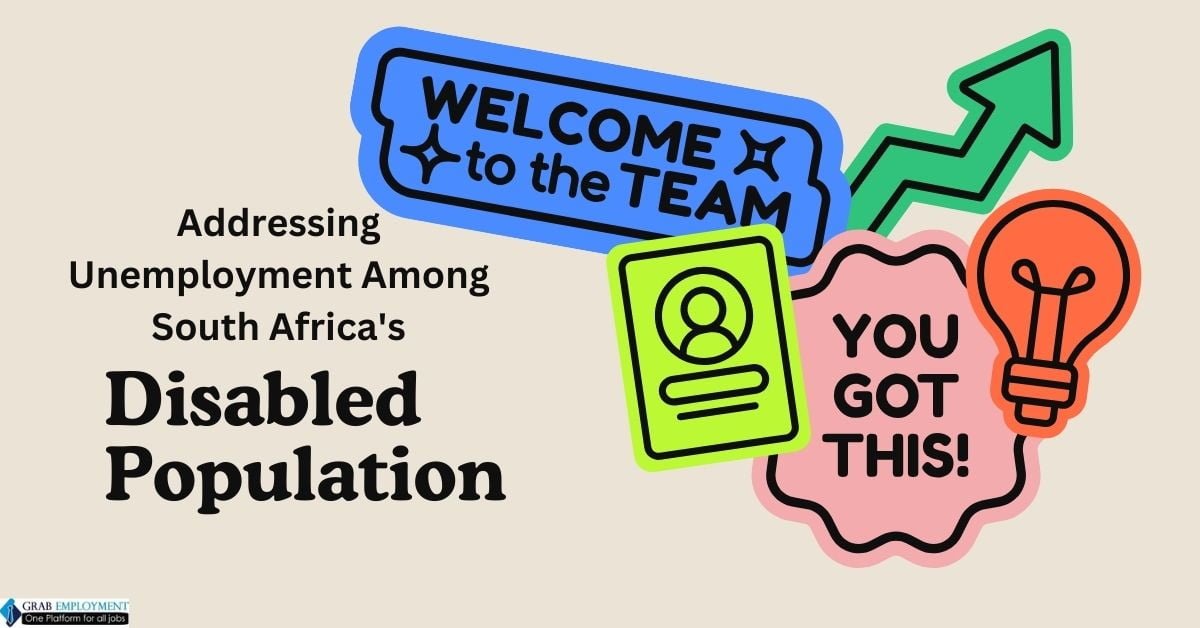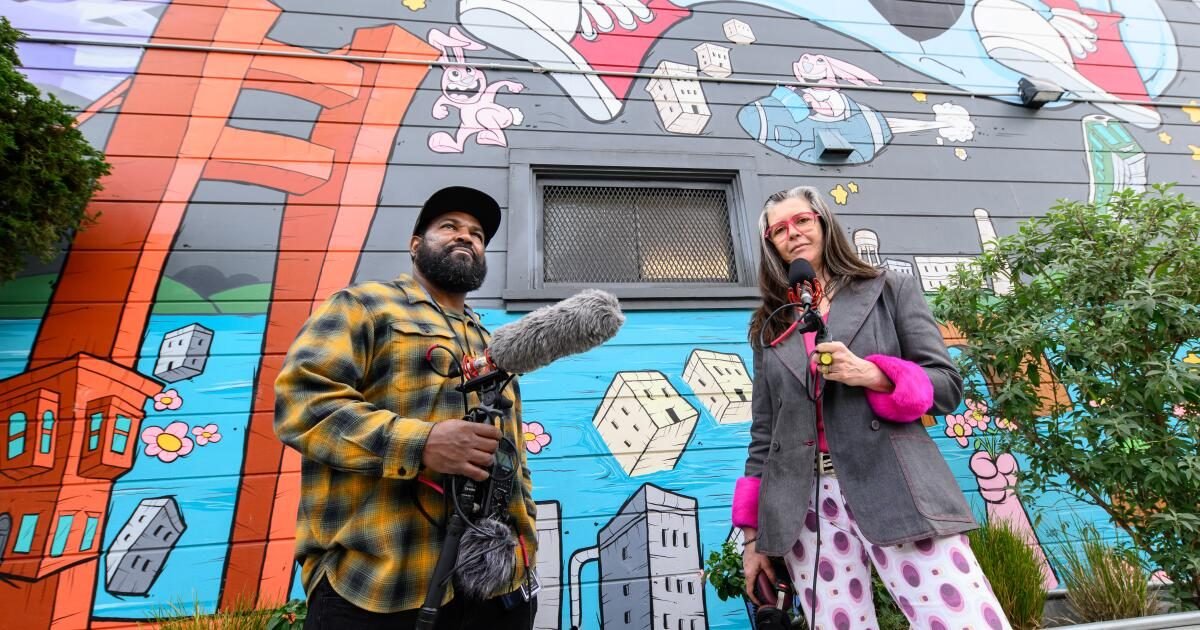Breaking Barriers: Addressing Unemployment Among South Africa’s Disabled Population
Introduction:
In South Africa, as in many parts of the world, individuals with disabilities face significant barriers to employment, resulting in higher rates of unemployment and economic exclusion. Despite legislative efforts to promote disability rights and inclusion, challenges such as discrimination, lack of accessibility, and limited opportunities for skills development persist. This article examines the complex issues surrounding unemployment among South Africa’s disabled population, exploring the root causes, consequences, and potential solutions to this pressing social issue.
Understanding Disability in South Africa:
Disability in South Africa encompasses a wide range of physical, sensory, intellectual, and mental health impairments, affecting individuals of all ages and backgrounds. According to the South African National Census, approximately 7.5% of the population identifies as having a disability. However, disability is not just a medical or individual issue but also a social construct shaped by environmental, economic, and cultural factors.
Barriers to Employment:
Unemployment among South Africa’s disabled population is influenced by a myriad of barriers, including discrimination, lack of accessibility, inadequate education and skills development, and limited access to support services. Discrimination and stigma against individuals with disabilities persist in the workplace, leading to exclusion from employment opportunities and unequal treatment in hiring and promotion processes. Moreover, physical barriers such as inaccessible infrastructure and transportation further hinder disabled individuals’ ability to participate in the workforce.
Education and Skills Development:
Access to quality education and skills development is essential for enhancing disabled individuals’ employability and economic independence. However, disabled learners often face barriers to accessing education, including inaccessible school facilities, lack of specialized support services, and discrimination by educators and peers. As a result, many disabled individuals are unable to acquire the skills and qualifications needed to compete in the job market, perpetuating cycles of poverty and exclusion.
Lack of Accessibility:
Accessibility barriers pose significant challenges for disabled individuals seeking employment opportunities in South Africa. Many workplaces lack accommodations such as wheelchair ramps, accessible restrooms, and assistive technologies, making it difficult for disabled employees to perform their duties effectively. Furthermore, inaccessible transportation systems and public spaces limit disabled individuals’ mobility and ability to commute to work, further exacerbating their isolation and exclusion from the workforce.
Social Protection and Support Services:
Disabled individuals in South Africa often face inadequate social protection and support services, exacerbating their vulnerability to unemployment and poverty. While the South African government has implemented various social assistance programs for disabled individuals, including disability grants and health.
care services, gaps in coverage and access persist. Additionally, limited availability of vocational rehabilitation programs and job placement services further hinders disabled individuals’ ability to find and maintain employment.
Consequences of Unemployment:
Unemployment among South Africa’s disabled population has profound social, economic, and psychological consequences. Disabled individuals who are unable to find employment face increased risk of poverty, social isolation, and dependence on caregivers or family members for support. Moreover, unemployment can exacerbate existing health conditions and contribute to feelings of low self-esteem, depression, and anxiety among disabled individuals, further perpetuating cycles of exclusion and marginalization.
Policy Responses:
Addressing unemployment among South Africa’s disabled population requires a comprehensive and coordinated policy response that addresses the root causes of disability discrimination and promotes inclusive employment practices. Legislative measures such as the Employment Equity Act and the Promotion of Equality and Prevention of Unfair Discrimination Act provide a framework for promoting disability rights and combating discrimination in the workplace. Additionally, the South African government can invest in initiatives to improve accessibility, expand access to education and skills development, and strengthen social protection and support services for disabled individuals.
Promoting Inclusive Employment Practices:
Employers play a crucial role in promoting inclusive employment practices and creating supportive work environments for disabled employees. By implementing reasonable accommodations, providing training and awareness programs for staff, and fostering a culture of diversity and inclusion, employers can create opportunities for disabled individuals to thrive in the workforce. Moreover, partnerships between government, employers, civil society organizations, and disabled persons’ organizations can facilitate the development of targeted programs and initiatives to promote the inclusion and empowerment of disabled workers.
Conclusion:
Unemployment among South Africa’s disabled population is a complex and multifaceted issue that requires collective action and commitment from government, employers, civil society, and disabled individuals themselves. By addressing the systemic barriers to employment, promoting inclusive policies and practices, and investing in education, accessibility, and support services, South Africa can create a more inclusive and equitable society where disabled individuals can fully participate in the workforce and contribute to economic growth and social development. Breaking down barriers and promoting the rights and dignity of disabled individuals is not only a matter of social justice but also a prerequisite for building a more inclusive and prosperous future for all South Africans.




